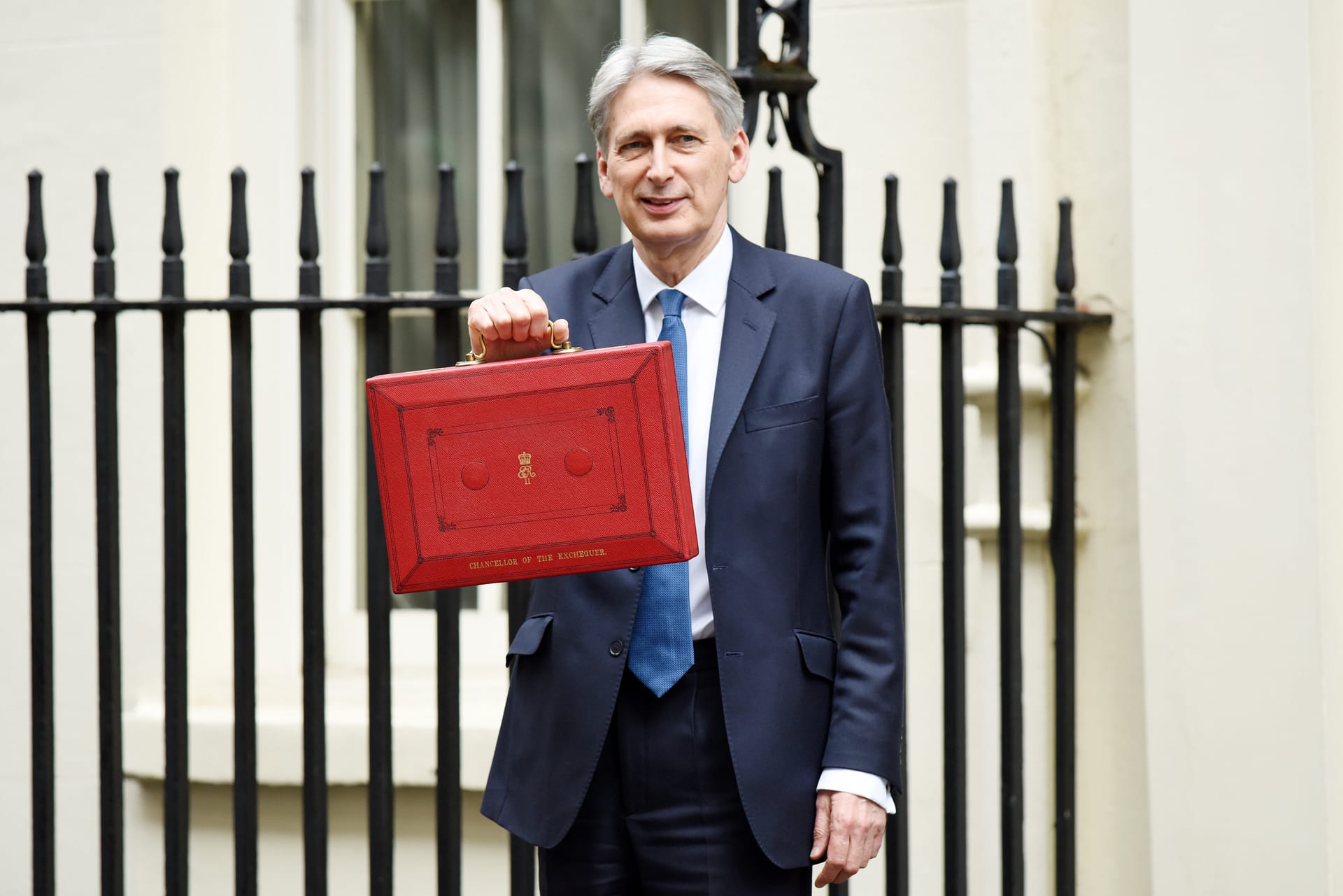No longer bound by EU state aid rules, Chancellor Rishi Sunak must use the Government’s Brexit freedoms to make fiscal changes that will promote recovery, support wealth creation and ultimately generate more jobs.
With speculation mounting that the Chancellor might be preparing to introduce tax hikes to help pay for the pandemic, tax experts at accountancy firm, Menzies LLP, are concerned that doing so would make it impossible for private businesses to lead the way to economic recovery.
Instead, the Chancellor should be using his first post-Brexit Budget to establish a tax regime that incentivises innovation and entrepreneurial investment, while helping to position the UK as a place that companies and individuals want to stay, invest and grow.
Richard Godmon, tax partner at accountancy firm, Menzies LLP said, “Now is definitely not the time to increase corporate taxes or remove incentives for entrepreneurship, as this will do nothing to help the 900,000 small businesses in the UK that are at risk of failing by April1. There will be a time to recoup some of the cost of the pandemic, but promoting economic stability must come first.”
“The Chancellor could for example change current corporate tax loss relief rules to allow losses incurred in the pandemic to be carried back for a longer period, in a similar way to companies being able to reclaim tax in the 2008 recession. Alternatively, he could be more creative still and allow loss-making businesses to offset losses against last year’s PAYE liability. Such changes would allow some of the hardest-hit businesses to access a tax refund to support them on the road to recovery.”
The Government has already agreed to extend the £1m Annual Investment Allowance limit to 1 January 2022 which will be helpful for businesses incurring capital expenditure. However, they could go further still by increasing the limit or broadening the scope of capital expenditure that might qualify to include more structural costs.
Godmon added, “This Budget is the Chancellor’s first opportunity to assert the UK’s independence from the EU. Enhancing tax reliefs in a way that would target support for struggling businesses could deliver a much-needed economic boost and protect jobs.
“The Chancellor could also provide more fiscal support in disadvantaged areas of the country, supporting its ‘levelling up’ agenda, through the creation of more Enterprise Zones. Free from EU constraints, he could go much further to incentivise investment and economic regeneration in these areas by extending the Stamp Duty Land Tax holiday beyond the end of March and broadening the scope of capital expenditure that might qualify for this year’s £1 million Annual Investment Allowance.”
Further support for early-stage and fast-growth businesses could be provided by enhancing the appeal of the Enterprise Investment Scheme (EIS) and Seed Enterprise Investment Scheme (SEIS) for entrepreneurial investors. These schemes provide an important source of funding. For example, for a temporary period, the Chancellor could allow entrepreneurial investors to claim income tax relief on their investment up to a maximum value of £250,000, up from the current £150,000.






Leave a Comment